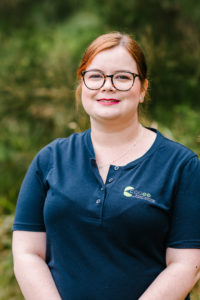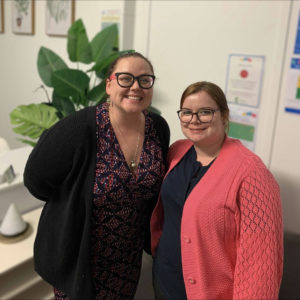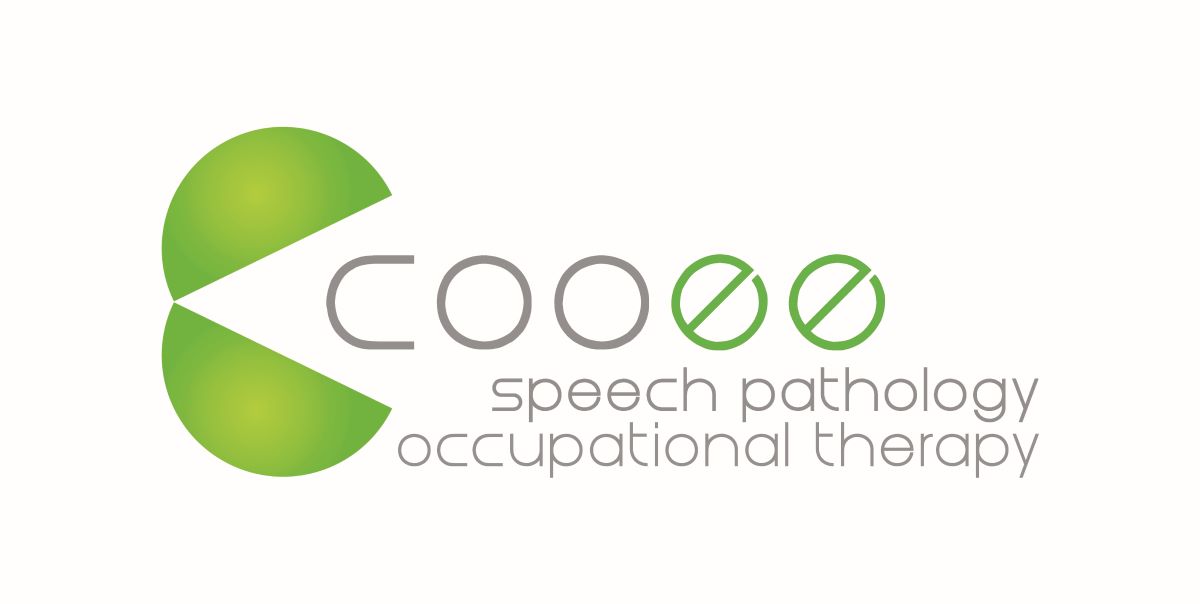Clinical Supervision & Mentoring: What’s the difference?
Our Clinical Lead Speech Pathologist, Emma, will be chatting about clinical supervision vs mentoring in this blog.
If you are a new graduate looking for your first position or simply looking to understand the difference between clinical supervision and mentoring, this blog is for you!

What is Supervision?
Supervision is a professional contracted relationship between a trained supervisor and a practitioner. Supervision provides an opportunity for the supervisee to reflect on their practice to gain a broader perspective, opening up opportunities for personal and professional growth. The supervisor provides a means to ensure the supervisee is accountable to the personal and professional standards of their profession.
What is Mentoring?
Mentoring is a mutual and reciprocal relationship whereby both parties utilise reflective practice and experiential learning to develop new skills, knowledge and attitudes. The mentoring process is not typically aimed at ensuring accountability within a workplace. The literature supports mentoring as beneficial at all levels of professional careers. In many applications, individuals may have more than one mentor to cover different work areas or expertise and different aspects of professional skills.
What is the difference?
The following table is taken from the Speech Pathology Australia Supervision FAQ’s document available here.
| Mentoring | Supervision |
Voluntary |
Usually a requirement in the workplace |
Temporary |
Usually for the duration of the employment |
Equality |
Inherent power imbalance. The supervisor is usually of a higher classification and evaluates performance (see below) |
Focus on growth and development of mentee |
Focus on clinical governance and accountability |
Non-evaluative |
Linked to performance appraisal, may involve disciplinary discussions |
Aims for the mentee to think and work things out better |
Aims for the employee to work better |
Broader discussion at a theoretical and practical level |
Focuses more on the current job or caseload |
Longer-term broader focus |
Focuses on aims within the current job and organisation |
Paired according to needs and experience. Choice of mentor. |
Paired more according to availability. Limited or no choice of supervisor |
Mentoring relationship involves a collaborative and confirming style |
Supervisor tends to provide an informational and skill-based guidance approach |
(Speech Pathology Australia, 2014a)
What should you be looking for?

Speech Pathology Australia Guidelines state that graduates and early career therapists with 2 years or less of experience should receive weekly supervision for 60 minutes.
Speech Pathologists with 2 years + experience should receive supervision every 2-4 weeks for 60 minutes.
Supervision is generally a requirement and is provided through your workplace. If there is no capacity in your workplace for supervision, external, paid supervision can be sought.
What support should I get in supervision?
- Regular 1:1 supervision meetings
- Suggestions of relevant professional development activities
- Suggestions of relevant assessment and therapy resources
- Support with clinical problem solving
- Honest feedback on performance
- Support managing complex cases.
What’s the purpose of mentoring if I already get supervision?
A recent study in the Australian Occupational Therapy Journal suggests the following:
- Mentoring is capacity building, non-judgemental and builds competence.
- Clinical reasoning is scaffolded and mentees are supported to translate theory and knowledge into practice.
- Resilience is developed through building confidence and competence with complex cases.
- Mentoring may be temporary as the mentee seeks a mentor who possesses knowledge they perceive they do not have, to build skills and knowledge.
- Mentoring can be knowledge and skill building, without the focus on evaluation and performance.
- Mentoring is voluntary on both sides.
What does Cooee offer?

At Cooee, we offer a variety of one on one and group professional development and support opportunities, to further our clinician’s clinical growth and provide opportunities for career pathway progression.
The ‘Clinical Support at Cooee’ blog from our clinical lead team in August, 2022, outlines the support a Cooee Clinician receives; both in house and externally.
Want to know more?
- Follow along @cooeespeech on Instagram
- Email [email protected] for more information on connecting in, or accessing mentoring, clinical supervision or coaching (particularly if there isn’t a time available via the links below).
- Book a Complimentary Mentoring session (or clinical supervision exploration call) with Hanna Corfield (OT)
- Book a Complimentary Mentoring session (or clinical supervision exploration call) with Libby Hall (SLP) or with Emma Lefever (SLP)
- Book a Complimentary Coaching exploration session with Marion Giddy.
- Join the Cooee Collaborative!
References:
Speech Pathology Australia Supervision and Clinical Support Definitions and Templates document available here.
Speech Pathology Australia (2014a) The role and value of professional support. Melbourne, Australia. The Speech Pathology Association of Australia Ltd.
Speech Pathology Australia (2014b) Supervision Standards. . Melbourne, Australia. The Speech Pathology Association of Australia Ltd.
Jackson, O., Villeneuve, M., & Millington, M. (2022). The experience and role of mentorship for paediatric occupational therapists. Australian Occupational Therapy Journal, 1-11 https://doi.org/10.1111/1440-1630.12839.
